Regenerative Innovations for Agriculture and Aquaculture
- Research project
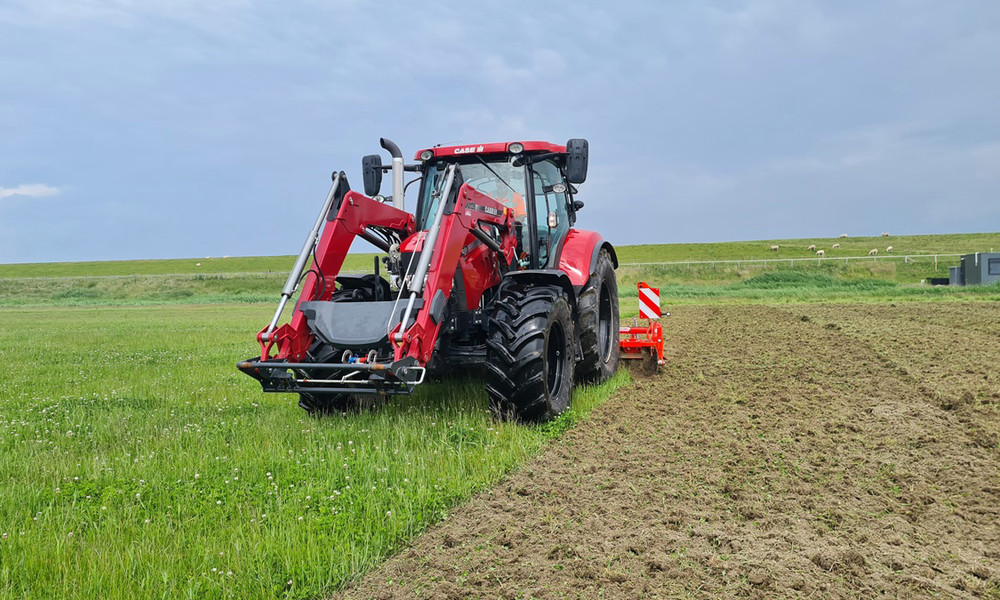
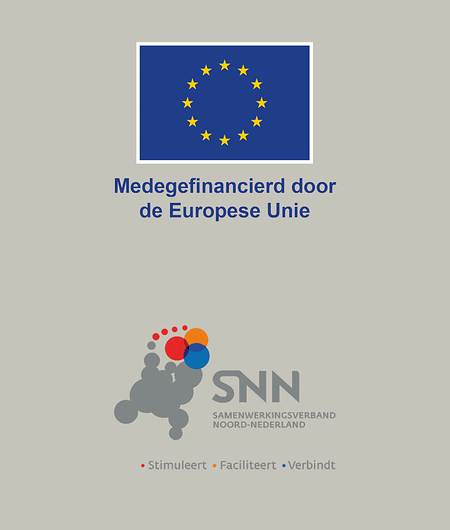
Subsidence, a rising sea-level and increasing salinisation cause a loss of land fit for agriculture in the North-East of Groningen. The production of quality crops suffers, and so do the farmers. Project ‘Dubbele Dijk’ (double dyke) researches ways for quality crops to be grown on salinised soil and in sea-water. The double dyke close to Bierum acts as a testing ground for this project.
The test-farm at the double dyke is part of the bigger ‘Dubbele Dijk’ project. In turn, this project is part of the reinforcement-initiative of the Dutch sea-dykes along the Waddenzee. The test-farm specialises in societal and economic developments through alternative farming methods. The concept of De Dubbele Dijk stems from the national Delta-programme for future and climate proof coastal defenses.
This project receives funding from the ‘Just Transition Fund’ (JDF), by ‘Samenwerkingsverband Noord-Nederland’ (SNN), and is partly financed by the European Union.
The development of the masterplan for the arrangement of the 27-hectare test-farm, as well as the designs of iconic buildings are realised by the professorship Sustainable Built Environment (NoorderRuimte, Research Centre for Built Environment) by Hanze University of Applied Sciences.
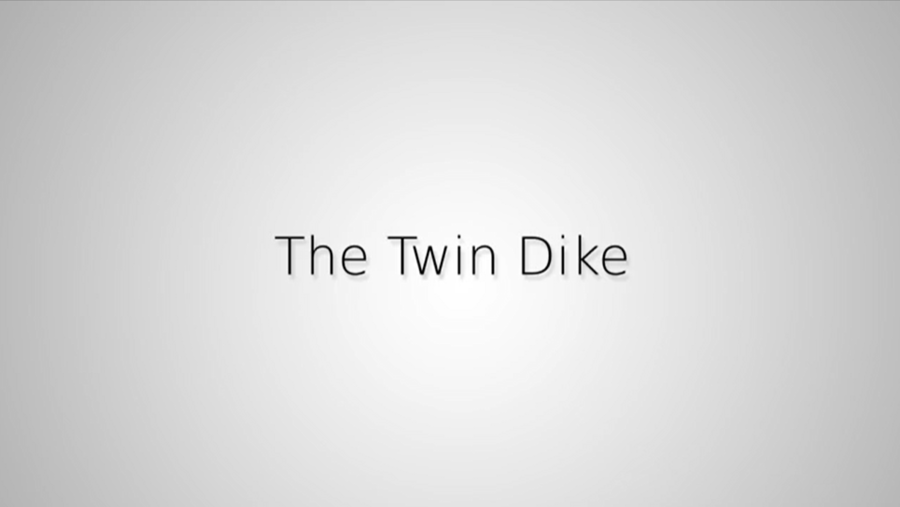
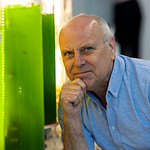
Professor Plant Production and Processing
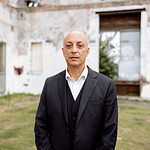
Lector Duurzame Gebouwde Omgeving
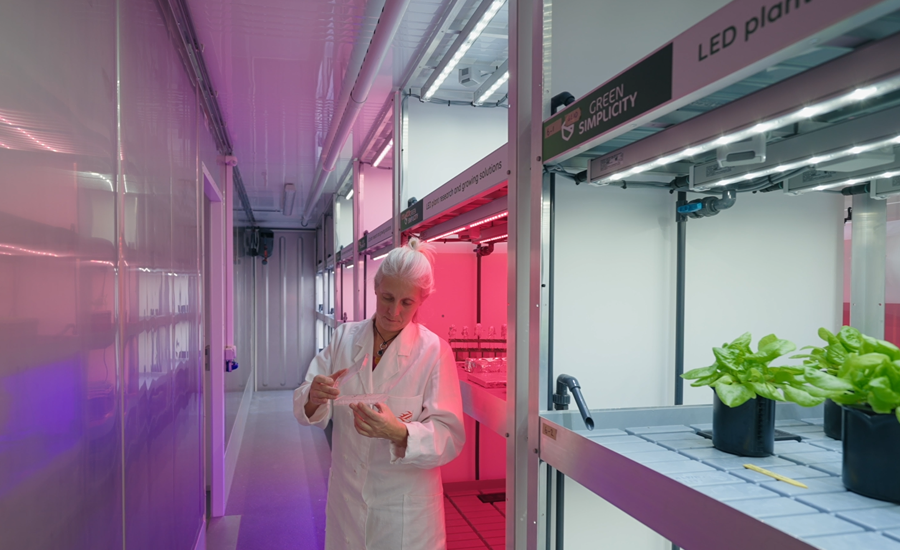
Would you like to know more about the professorship Plant Production & Processing?
Visit the page of the professorshipHow satisfied are you with the information on this page?